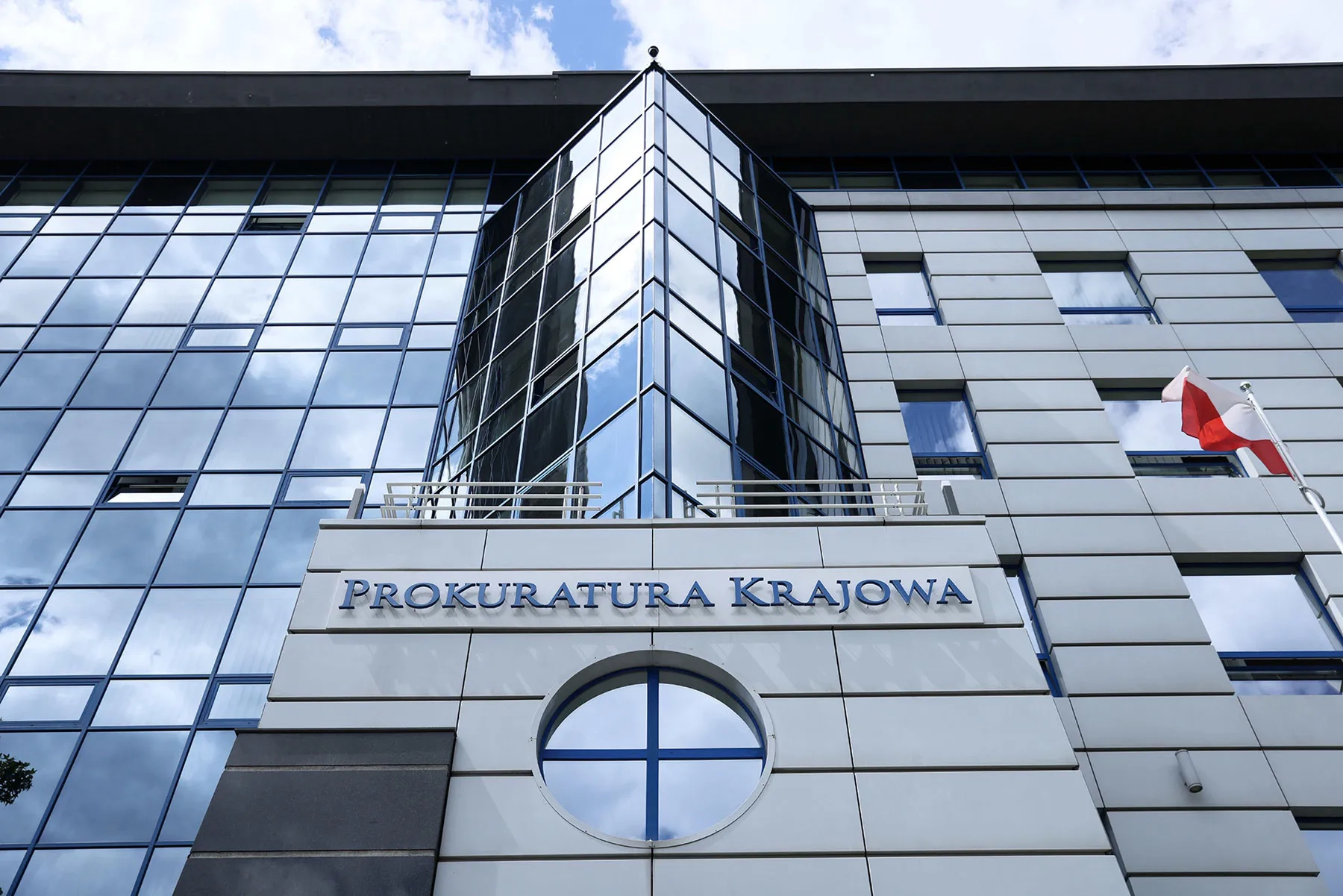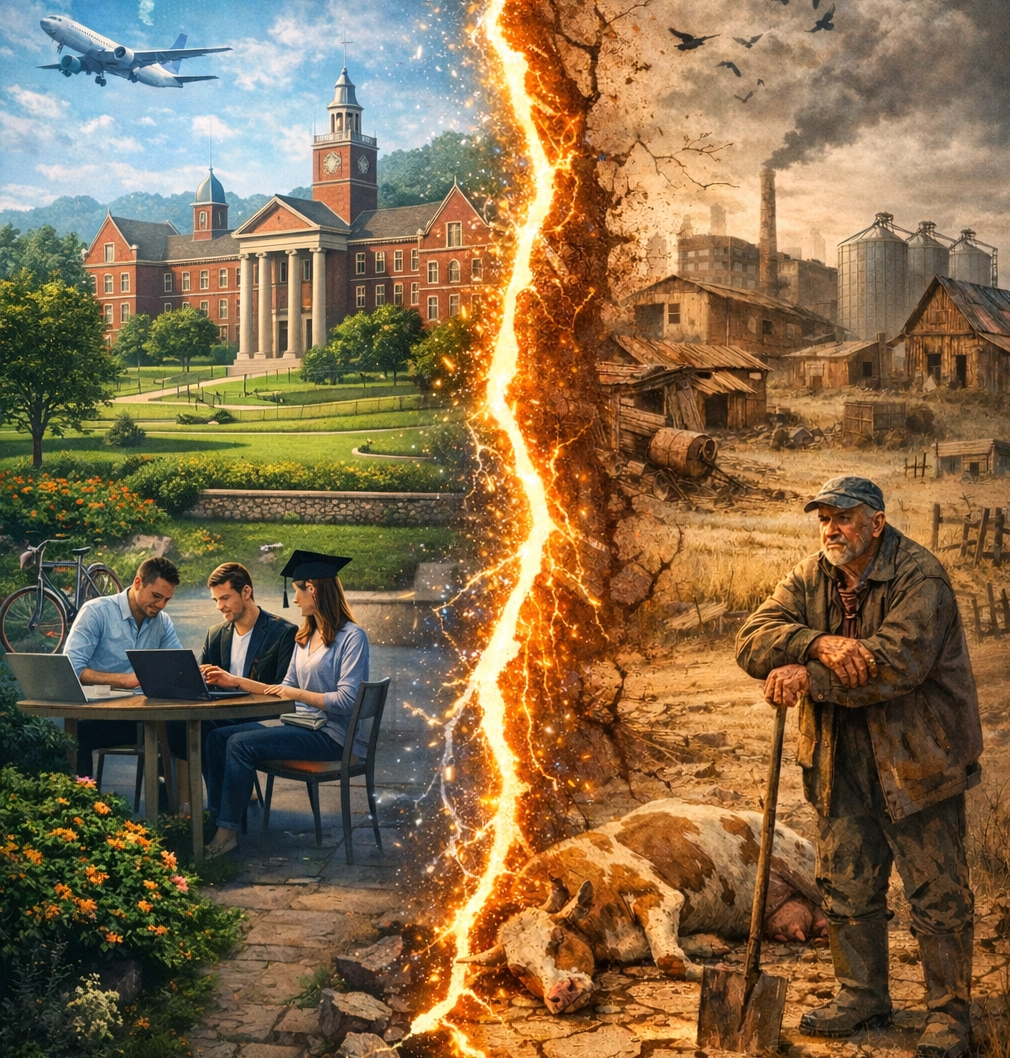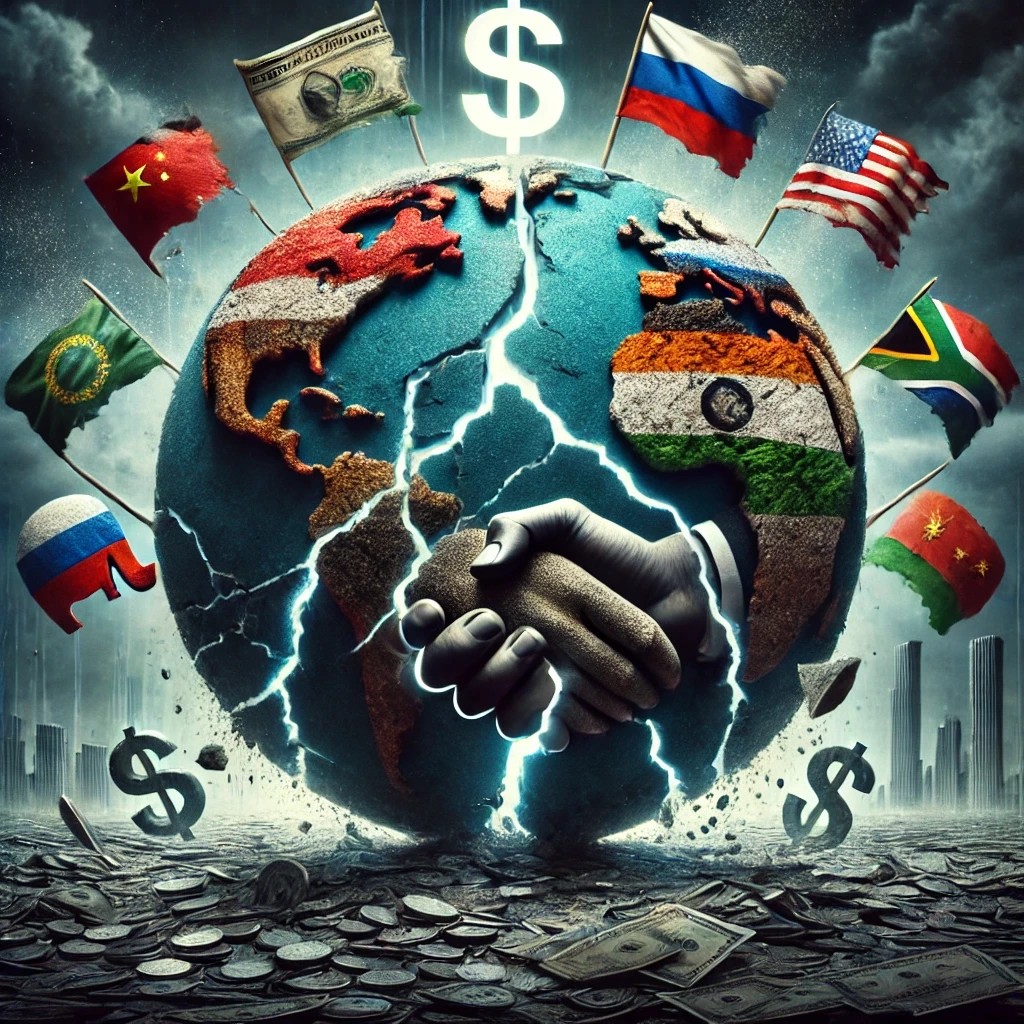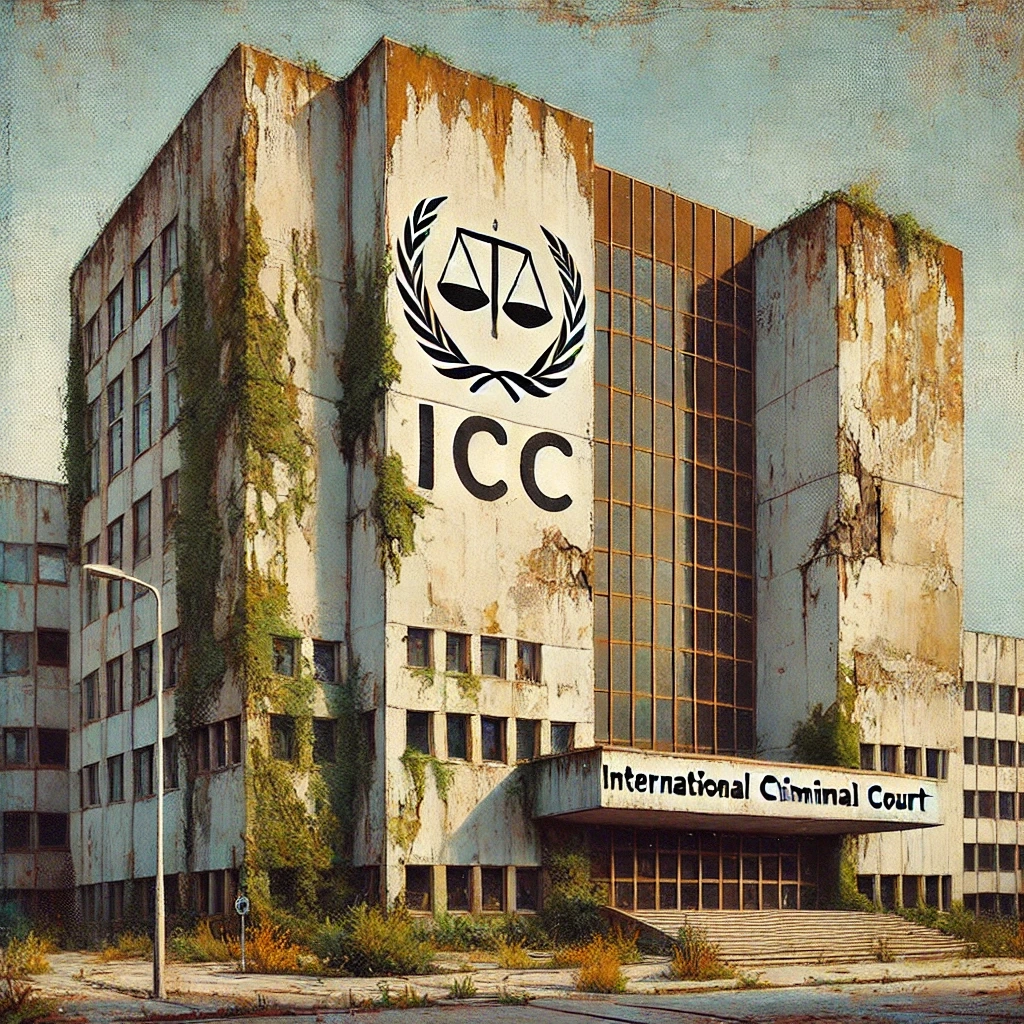In the very first days, our campaign felt like something delicate, almost intangible.
In Lida, at that very first meeting, a little more than ten people came to listen. In Hrodna — about forty. By today’s standards, these numbers seem modest, especially when compared to the hundreds of thousands who would later fill the streets. But back then, each one of those numbers stood for a deeply personal act of courage — the resolve to come forward and publicly declare a civic position in an environment where the consequences could be unpredictable and severe.
We have already spoken about how certain so-called “opposition figures,” like Franak Viachorka, refused to take part in the campaign in any format — simply because they were afraid. It was far easier and more profitable to keep “sawing off” grant money abroad with his friend Strizhak.
Meanwhile, the “loyalists” from the system, such as Latushka, avoided approaching pickets at anything less than cannon range. Their fear was different — that someone might see them and suspect them of harboring sympathies for democratic values or for “the so-called interests of Belarusians,” as Tsikhanouskaya dismissively put it.
We, however, did not flinch — we moved forward with determination. With each trip, with every conversation we had with people, something subtle yet powerful began to shift.The atmosphere was changing. People were becoming braver. Participation in pickets remained dangerous — in fact, the danger grew day by day. But along with that risk came a growing sense that there was a real chance to change the fate of the country.
At first, pickets drew only dozens. Then, they began to attract hundreds. And soon — thousands. People came, listened, and then joined the line to sign for my candidacy.
Each open signature, given in full view of everyone, became far more than a bureaucratic act — it was a declaration of civic courage, a statement of solidarity, and, ultimately, a quiet but unmistakable form of resistance.
In Minsk, where political activity had always been higher, such behavior was to be expected. In a large city, the risk of being noticed and “reported” to one’s superiors was far lower than in small towns, where everyone knows everyone.
That is why what we saw in the district centers felt truly unprecedented. In places where silence and fear had long reigned, there were now loud, unrestrained voices openly judging and condemning the regime in power.

Baranovichi, Brest region
No longer was there any need to go door-to-door, persuading and explaining. The challenge now was to receive everyone who came of their own accord — and to process the signature sheets with care and precision.
What struck me most was the position of women — it was the strongest of all. Perhaps because their pain and sense of injustice ran deeper.
In the provinces, poverty was advancing at a frightening pace. Young men, unable to find their place in life, either drank themselves into oblivion or left the country: to Lithuania to lay tiles, to Poland to pick strawberries. Belarus was turning into a second-rate country. And yet, even as low-paid laborers in former socialist nations, Belarusians earned more than at home, where their work was, in Omar Khayyam’s words, “worth the price of garlic.”
But that was not what hurt women the most. The deepest wound came from something else — the fact that children who went abroad “temporarily” for work never came back.
In Karelichy, I met a woman who had raised three sons — all of them now in Poland. She had never seen her grandchildren grow up. This was not just sadness — it was despair, sharpened by the fear that when she died, no one would be there. She was alone.
The sense of hopelessness was particularly striking in Zhodino — home to the giant BELAZ plant, one of the world’s largest manufacturers of mining trucks. This is the flagship of Belarusian industry, a point of engineering pride — the equivalent of Caterpillar in Illinois or Komatsu in the Japanese city of Komatsu. Around such an enterprise, a thriving, modern, ambitious city could have risen — one built on its intellectual and industrial potential.
Picture it: Clean streets paved with stone. Office buildings housing dozens of startups developing unique solutions for an industrial world leader. Component modeling, digital engineering, industrial design. IT companies working side by side with a global giant. Coworking spaces, libraries, technology parks. The children of factory workers studying in a modern technical high school, taught by graduates of international programs. In the evenings, the city alive — restaurants and coffee shops open, parks well-lit and safe. Parents with children heading to swimming pools, ice rinks, and sports complexes where basketball, football, and track and field are practiced year-round.
On the outskirts — a technical university campus linked to the plant. Engineers, logisticians, and designers living in their own homes, because the average salary isn’t 500 rubles, but $5,000. Real estate is expensive, but fairly so — affordable to those who truly contribute to the development of the city and the country. Working at BELAZ is prestigious — like in Toyota City, where no one dreams of going off to “pick strawberries” in Thailand or “work construction” in Vietnam.
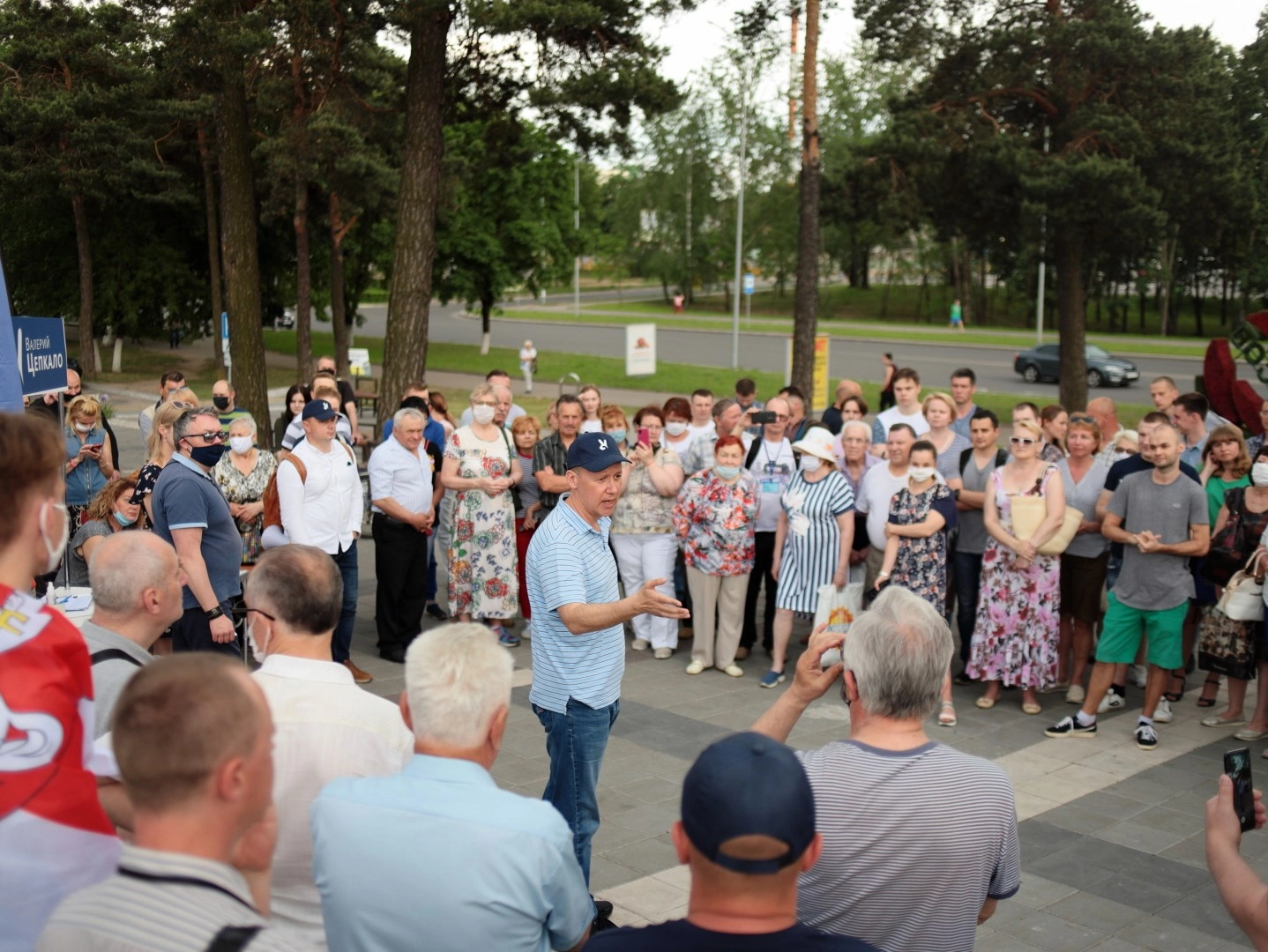
Meeting in Zhodino, Minsk region
This is how Zhodino could have looked. This is what Belarus itself could have been — if its government respected its own people, their labor, and their dignity. Instead, we saw a brain drain, towns fading into extinction, and young people leaving in droves. A city producing world-class machinery was dying. And to me, this was not merely incompetence — it was a crime against the future of Belarus.
Just think about it: people from Zhodino were leaving for Lithuania — a country which, at the time of the Soviet collapse, was a deep provincial backwater with almost no industry — just to work on construction sites there. It was a national humiliation.
I wanted to change that.
That pain, that poverty, that loss of future — the exodus of children, the collapse of the regions — became my driving force to enter the presidential race. It came from the conviction that this could not be allowed to go on.
And so we kept going — despite the intimidation. Despite the clear and blunt signal: “you’re next.” After Viktar Babaryka and Siarhei Tsikhanouski were taken out of the race, it became obvious — the pressure would only grow. But Veronica, our team, and I did not stop.
Every day we held several meetings, traveling to regional capitals and detouring into smaller district towns — places where big politics rarely appeared, but where hope was still alive.
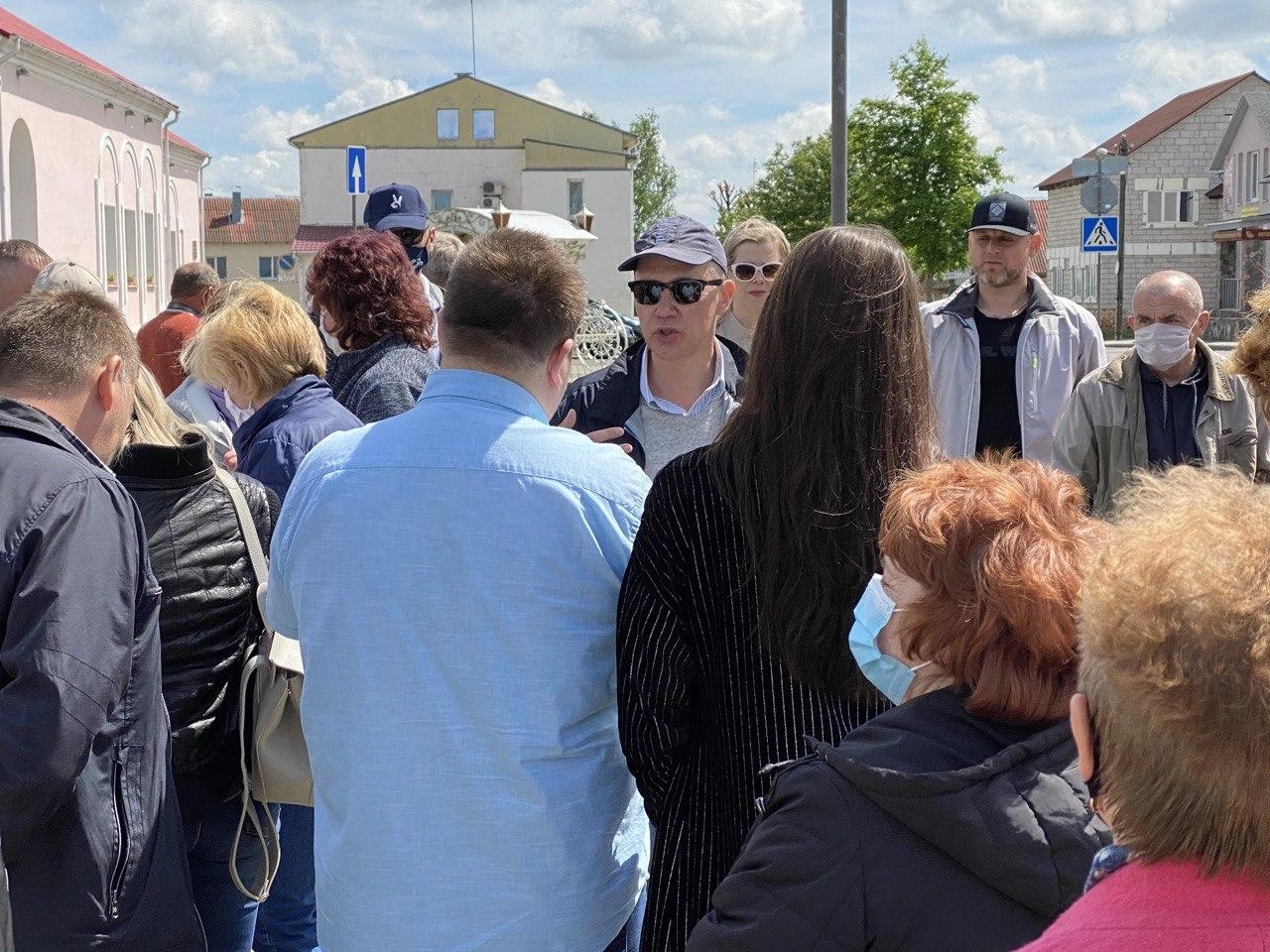
Novogrudok, in the Grodno Region of Belarus, the birthplace of Joseph and Reichel Kushner — the grandparents of Jared Kushner, son-in-law of U.S. President Donald Trump.
On the way to Grodno, we stopped in Karelichy, Lida, and Novogrudok. Heading to Mogilev, we passed through Bobruisk. On the road to Brest — Baranovichi.
Each of these places added something new to the campaign — new faces, new voices, new meanings, new hopes.
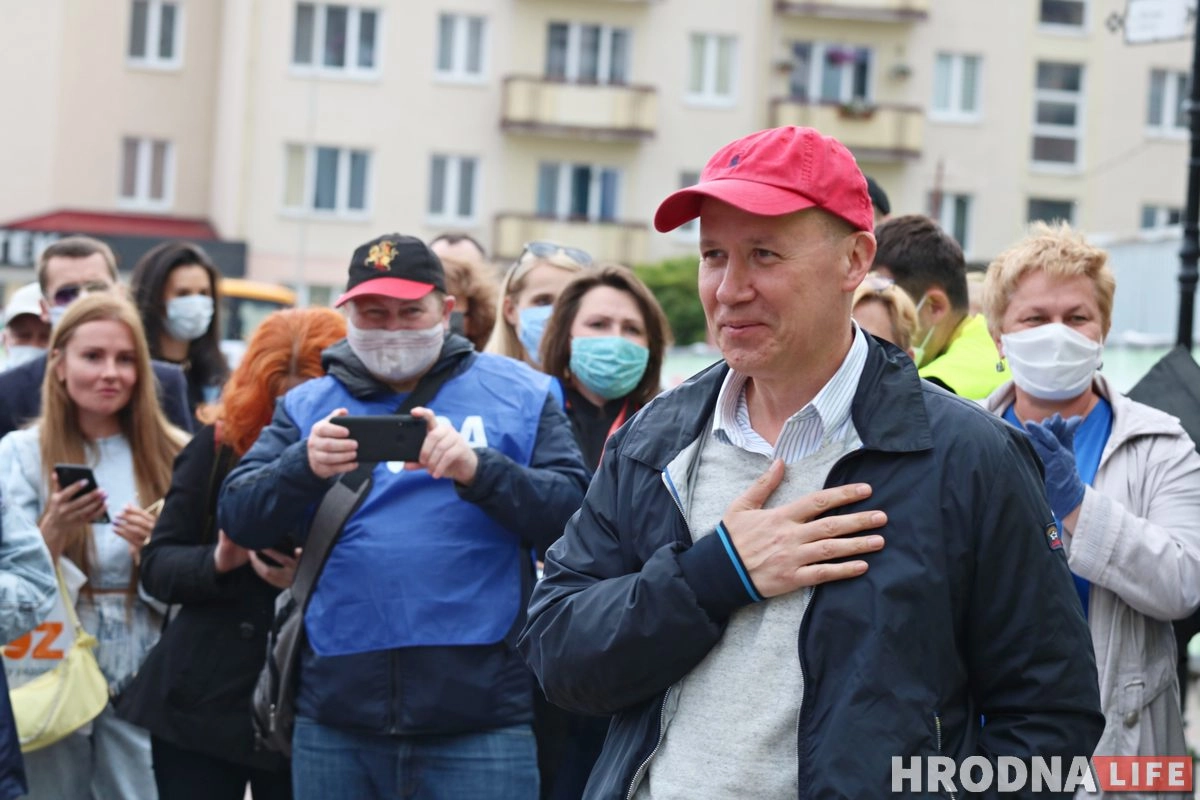
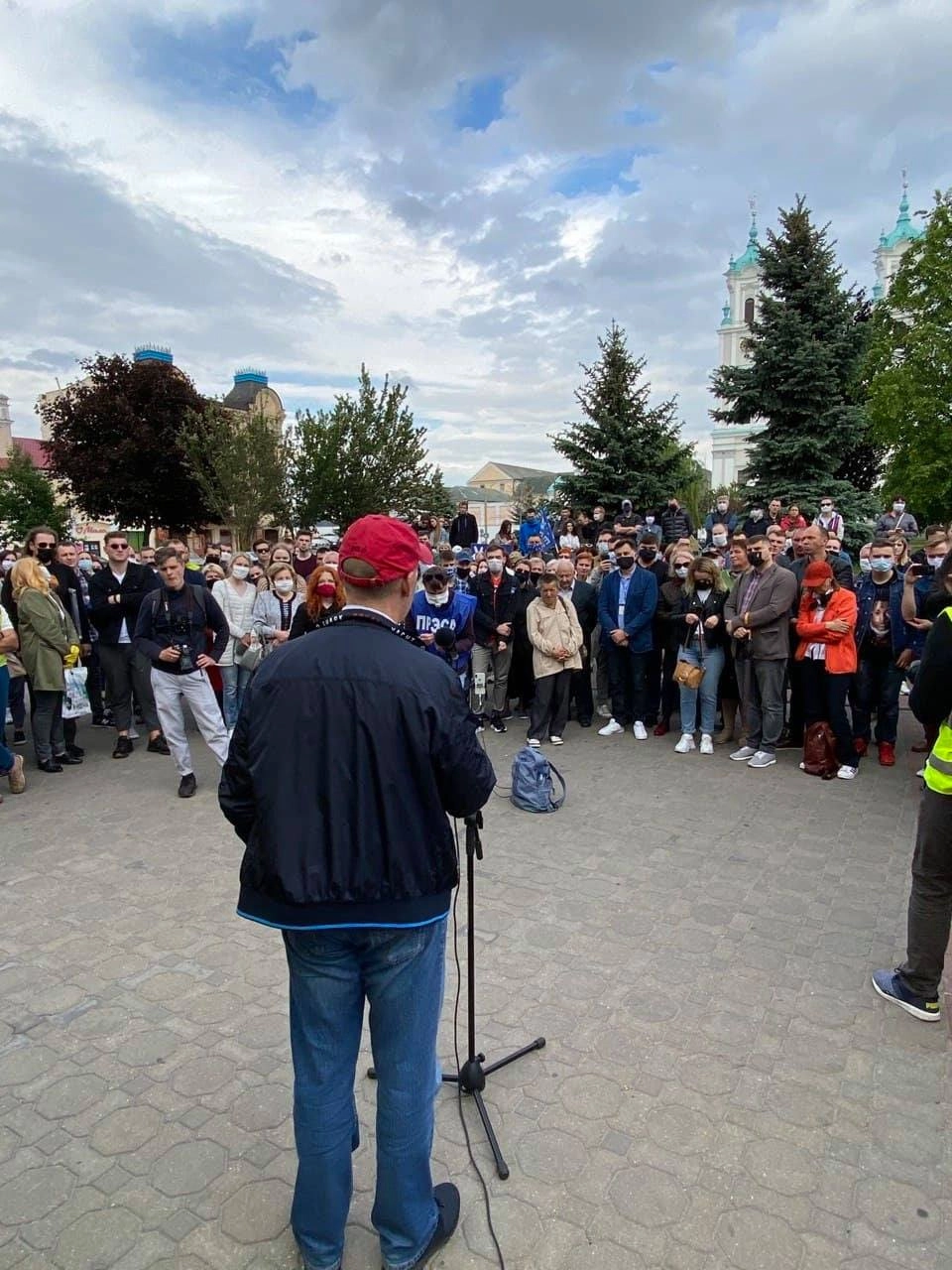
Second meeting in Grodno
And if, on our first trip to Grodno, we were met by just a few dozen people, then only a few weeks later there were already around 500. In Vitebsk — nearly a thousand.
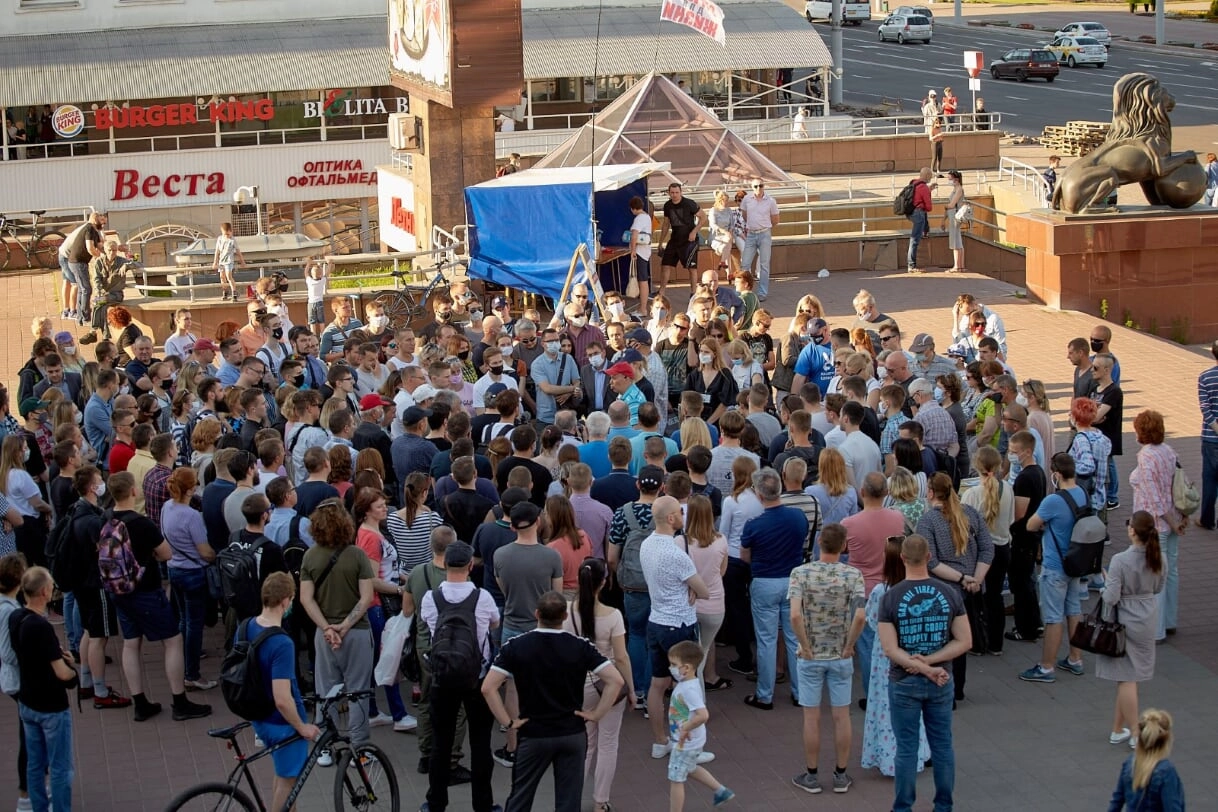
Meeting in Vitebsk
We could no longer manage without equipment: loudspeakers became essential so that even those in the back rows could hear us. People wanted to listen — about the future of Belarus. About a country we could build together — where power exists not for one man and his family, but for the people. Where justice is not a slogan, but the norm. Where everyone has a fair chance at a dignified life.
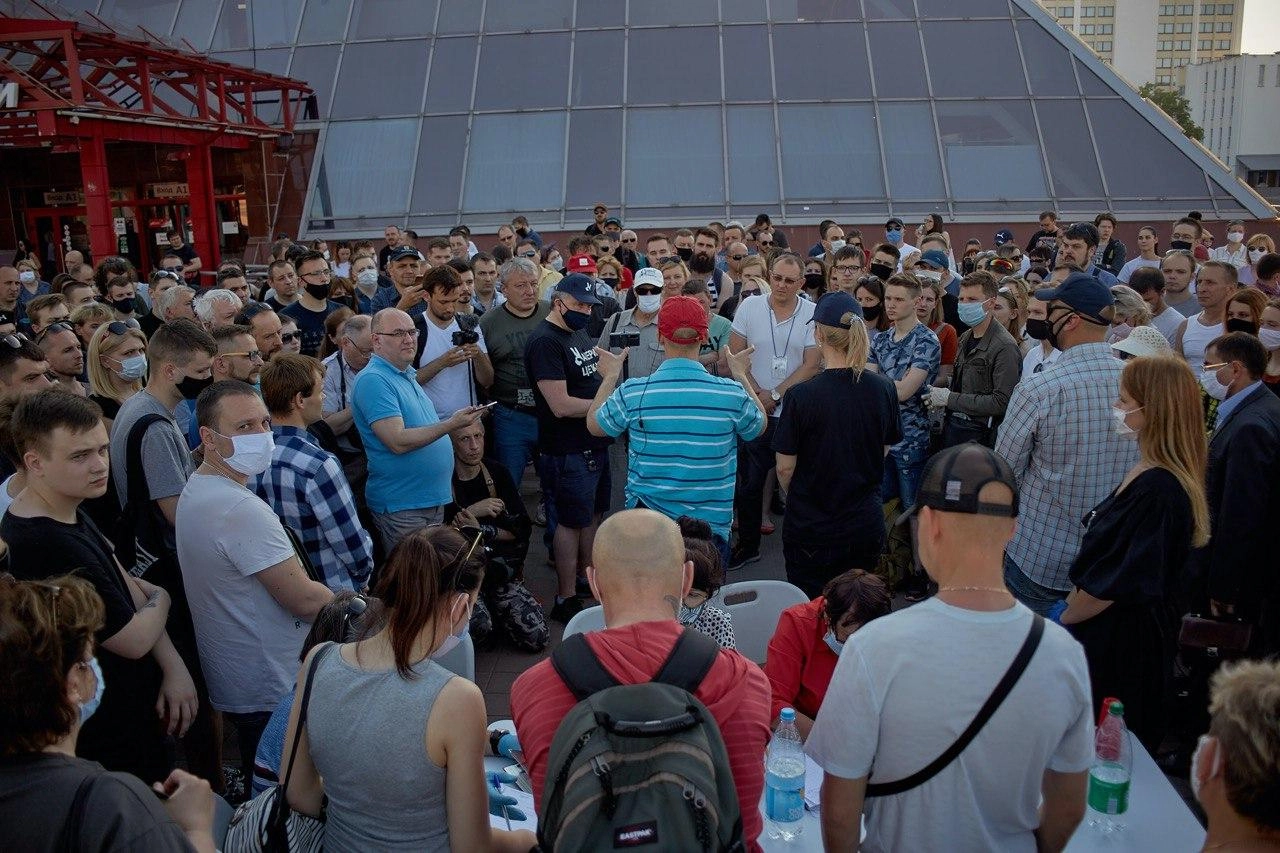
We asked the people for only one thing: Give us a chance — and we will build a country we can all be proud of.
To be continued…
